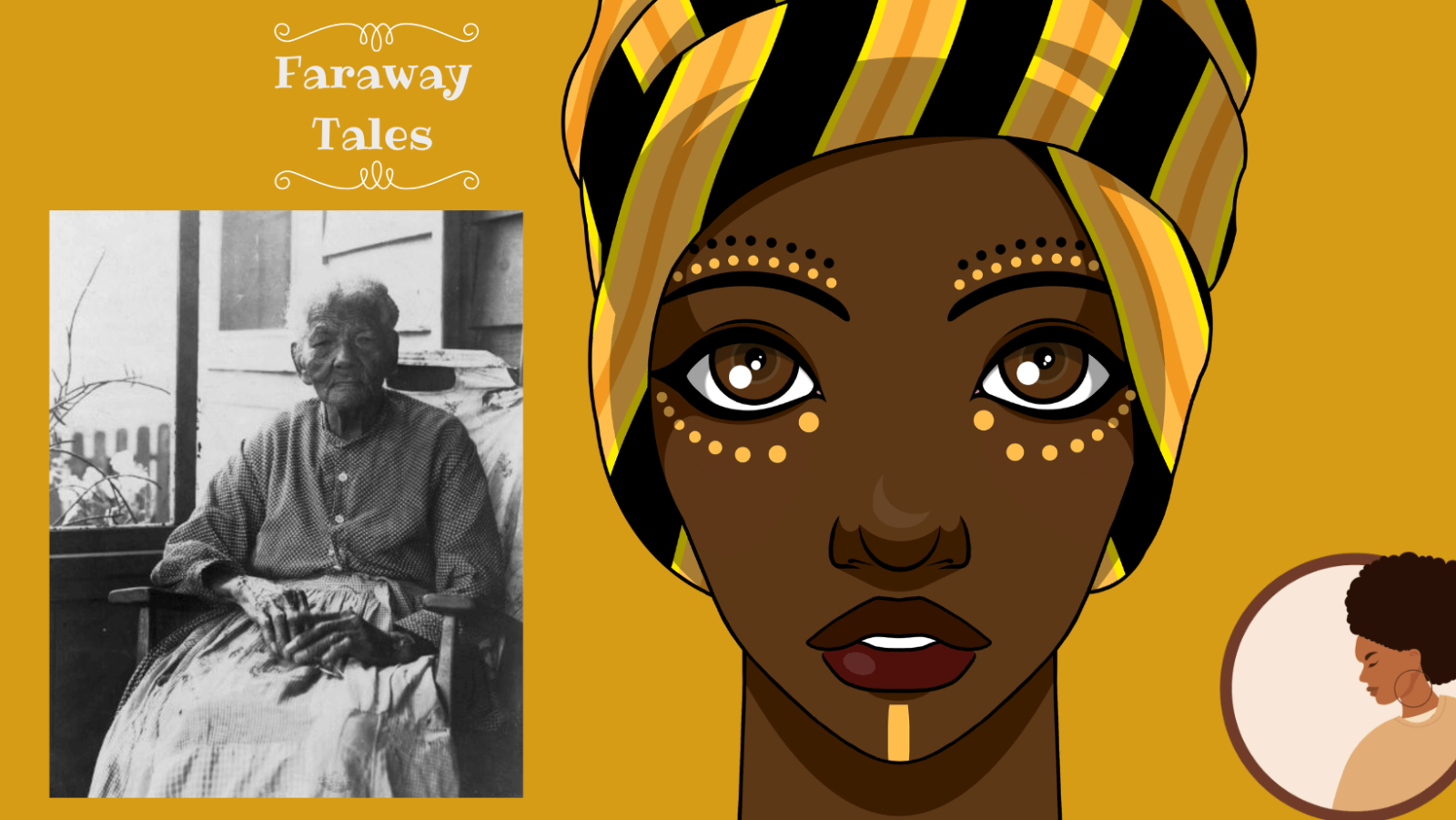|| An African-American Narrative ||
This is a true story shared by an ex-slave, Charity Anderson, from her early childhood days. This interview was recorded in late 1930s just before the World War II and the incidents are believed to be almost a hundred years earlier, around the 1830s. The language has been simplified without changing the story.
Charity Anderson doesn’t know when she was born. No one told her or rather her parents did not know the dates as they were not literate. She believes that she is 101. Rheumatic and weak, she no longer ventures from her house in Toulminville, on the outskirts of Mobile, but sits, with her turbaned head and bespectacled eyes, rocking the long hours away in a creaky old chair and knitting or sewing, or just gazing into the crackling flames in the fireplace.
She, however, knows that she was born at Bell’s Landing on the Alabama River, where her owner, Leslie Johnson, operated a wood-yard, which supplied fuel to the river steamers.
“People have no manners these days. Everyone is so impatient. I remember the days where I was one of the house servants. We were six of us servants and we had to wait on the mistress and the children. I was little, my job was to look after the corner table where the desserts were set. Joe and Jerry were the table boys, like waiters. We waited on the table but we never touched anything.”
“My master was a good man. He was nice to us. But honey, other white folks weren’t nice to their slaves. I have seen poor niggers tore up by master’s dogs and whipped till they bled when they didn’t do like their white folks said”
“But thank the Lord, I had good white folks who trusted me too. I was in charge of all the keys”
“I laid out all the clothes on Saturday night. On Sunday morning, I waited till they all got cleaned and took their dirty things away. The mistress didn’t have to do a thing. We did all the work in the kitchen, dining, cleaning and the household work”
Interviewer: Did you ever work in the fields? How was it there?
“No ma’am, missy, I never worked in the fields. My master never planted cotton or anything else I can remember. All I had to do was wash, weave, knit, clean and wait. Sometimes I weaved six or seven yards of cloth. I taught my children how to knit and weave. I waited on four generations of my master’s home”
Interviewer: What else can you remember about those times?
“There were no shows or plays back then. There was just a carnival sort of a thing with swings and lights and it would stop right in front of our master’s house. Sometimes my children wanted to go on them to but I taught them to be respectful and wait”
“I had never been in trouble. I was always respectful to everybody. In fact, when my hut burned down, we lost everything. The white folks helped us so that we were back on our feet in no time”
“Those days were good, miss. We stayed on the river’s landing, at the water’s edge. We would watch the steamboats go by. We would heat up the leftovers and eat the sweetmeats from the dessert table”
“I never had to pay for a steamboat ride, you know”, she says with a twinkle in her eyes, “for I was a good-looking gal. I got to ride the steamboats for free”
Like (0)







Leave a Reply